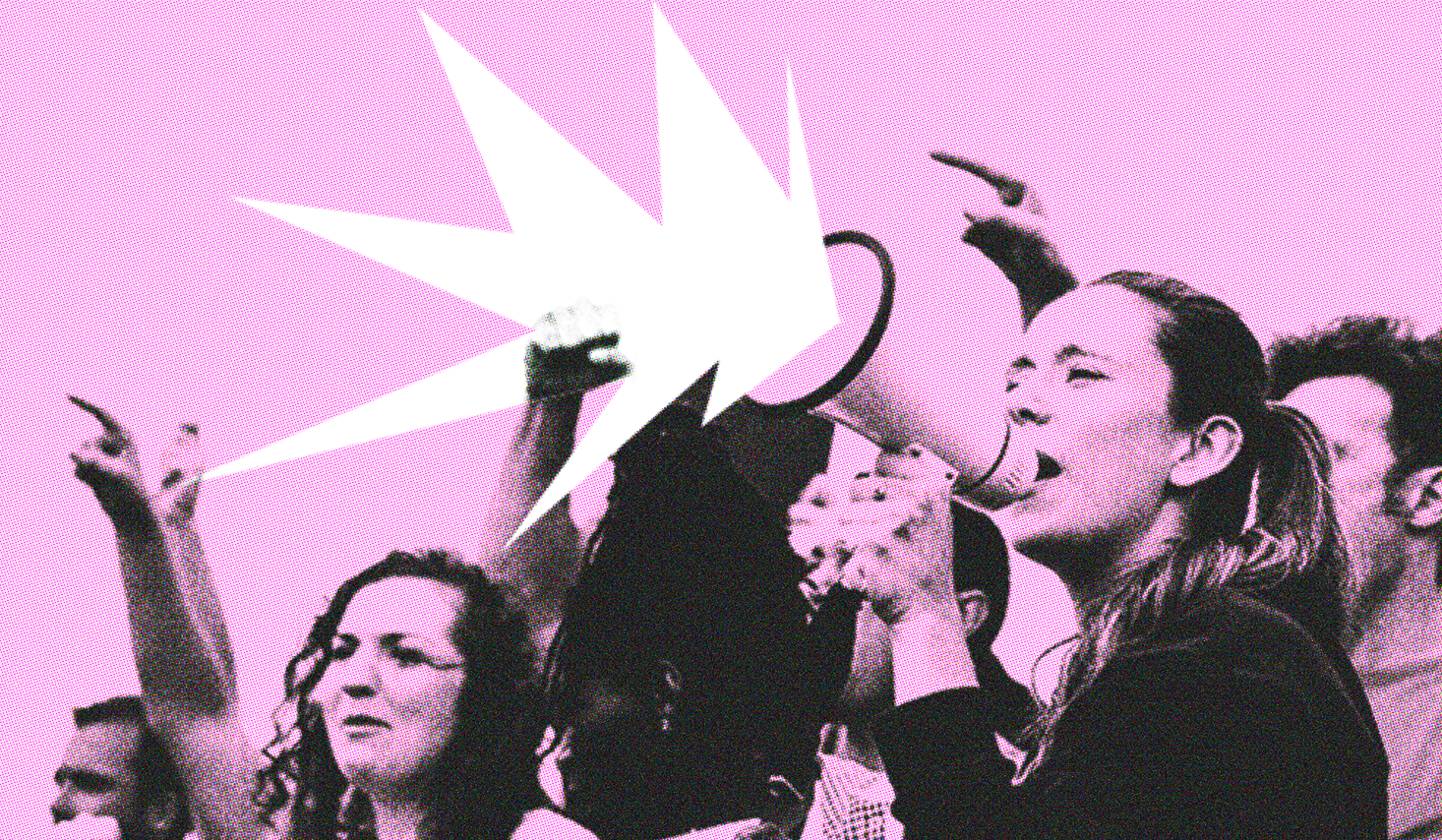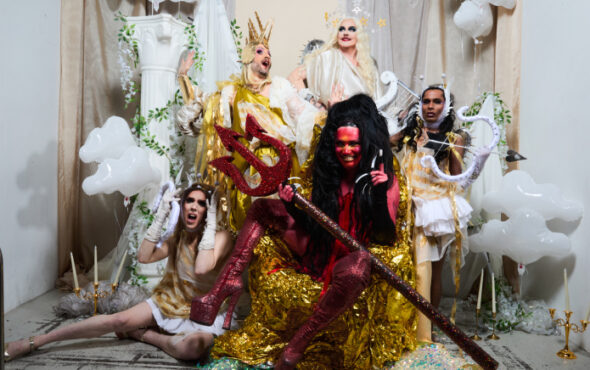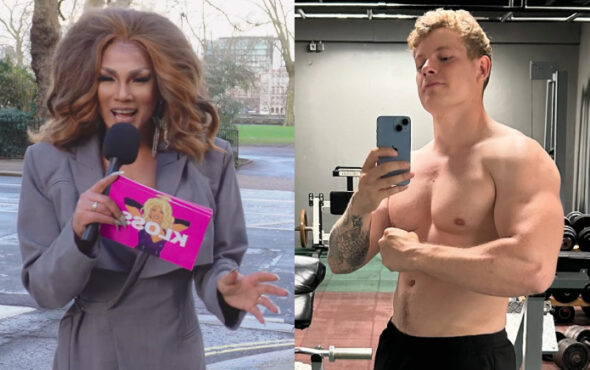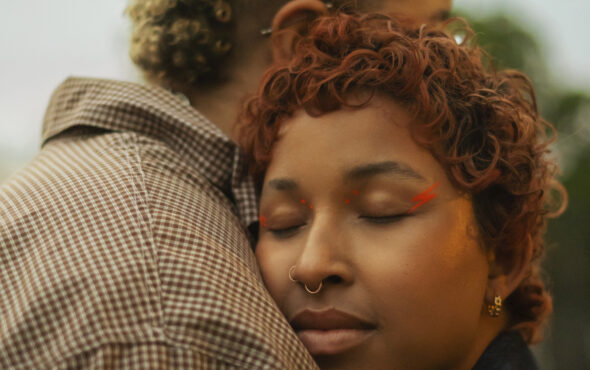
February is LGBTQIA+ History Month. It was an honour to speak to Ray Collins, Lord Collins of Highbury, to discuss what the month means to him and some of the areas he thinks are important.
Ray has been a member of the House of Lords since 2011. He has been a vocal supporter of LGBTQIA+ rights and supports many HIV charities. He is currently Shadow Deputy Leader of the Labour Party in the House of Lords. For many of us this feels like a bleak time, from global instability to the cost-of-living crisis and its vital we remember there are politicians out there, like Ray, who continue to fight the good fight.
Who is inspiring you this LGBTQIA+ History Month?
I wouldn’t restrict it to one person, but a person who regularly inspires me in terms of his constant activity and commitment is Michael Cashman, who’s in the House of Lords, a fellow Labour Peer. He was, of course, very active in the establishment of Stonewall and very active ever since in terms of promoting LGBTQIA+ rights. He’s been particularly committed on the “plus” side recently to ensure that people understand that we all need to act in solidarity, we need to celebrate difference and support people. He is an inspiration daily.
Why does it remain important that we have a month marking our history?
If we are to understand where we want to go, we need to understand where we’ve been. All the rights that we’ve won, all the acceptance that we’ve gained can easily be taken away and I think that’s why it’s really important to understand that journey and how those rights were won. We’ve seen, throughout the world, how rights that have been gained can be taken away.

Which legislation on LGBTQIA+ rights stands out for you as a turning point?
It’s a menu of rights. I don’t think there is one in particular – they were all incremental. One of the most important rights we gained was civil partnerships. The equal age of consent was important too. All of those things in themselves don’t represent equality under the law, but certainly when we finally reached same-sex marriage, the legislative journey we had been on all added up to that. For me, my own personal experience is civil partnership was the most important one, where I could legally declare my love for my partner and have established clear rights with my partner.
Have the Conservative government’s LGBTQIA+ policies been hijacked by culture wars?
I think that’s a danger. Where does the agenda for those culture wars end up? That’s what we need to be concerned about. Colleagues who are active in the Conservative Party’s LGBTQIA+ grouping are worried about that too. It’s important we celebrate the gains we’ve had. I think one of Stonewall’s key activities has been working across all parties. There is an all-party consensus on a lot of these rights. That is being attacked and broken down at the moment and the rhetoric that we hear from many members of the conservative government is extremely worrying. We need to address that and support those within the Conservative Party who are also concerned about that.
You are a patron of Positive East. Can you tell us about the great work of that charity?
It’s the longest established centre for supporting people living with or affected by HIV, including their friends and families. It provides a holistic approach, it’s not just about medical support, prevention, community activities – it’s been a whole host of things. It also reaches out to all communities affected by HIV and as a consequence changes attitudes towards HIV, particularly around stigma. It does great work and I hope it will continue that work for many years to come.


